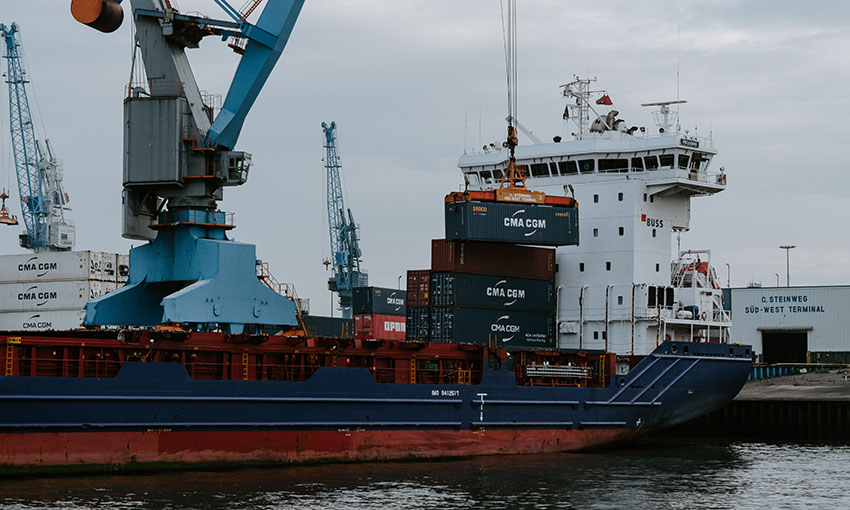TEN organisations, which represent the owners and forwarders of cargo; port terminal operators; and other sectors dependent on container shipping, have issued a call for the European Commission to commence an immediate review of the EU’s Consortia Block Exemption Regulation for the container shipping industry.
The regulation exempts container shipping lines from many of the checks and balances of EU competition law under certain circumstances. Also, under some circumstances, the regulation permits them to exchange commercially sensitive information to manage the number and size of ships deployed and the frequency and timing of sailings on trade routes around the world. The regulation only appli8es to operators with a combined market share of less than 30%. It does not permit shipping lines to fix prices.
In a statement the organisations said European businesses and other parties in the supply chain have suffered huge disruption to the movement of goods by container shipping since the regulation was last renewed in April 2020, with many sailings being cancelled or diverted to other ports, and ports being bypassed at short notice.
“At the same time shipping rates have more than quadrupled on many routes and continue to remain three to four times higher than in 2019 before the pandemic,” the organisations said.
“The effects of lockdowns on the production of goods and the shifts in demand due to the effects of the Covid pandemic were certainly significant. But the ability of the shipping industry to collectively manage these impacts, and at the same generate profits totalling over $186 billion in 2021, at the expense of the rest of the supply chain, and ultimately Europe’s consumers, demonstrate that something is wrong.
“The benefits of the exemptions from general competition law enjoyed by the shipping lines are not being shared fairly between the lines and the rest of the economy, and this in itself constitutes a compelling reason why the Block Exemption should be reviewed urgently.”
In a letter to the European Commission, the signatories point to the recommendations of investigations conducted in the US by the Federal Maritime Commission, resulting in May in the passing of a new Ocean Shipping Reform Act, addressing many of the grievances of users and services suppliers to the container shipping lines.
The FMC, in its Fact Finding 29, “The effects of COVID-19 on the US international ocean transportation supply chain”, determined that the high ocean freight rates since the start of the pandemic are the product of market forces, not collusion among ocean carriers.
The report presented the findings of a two-year investigation.

